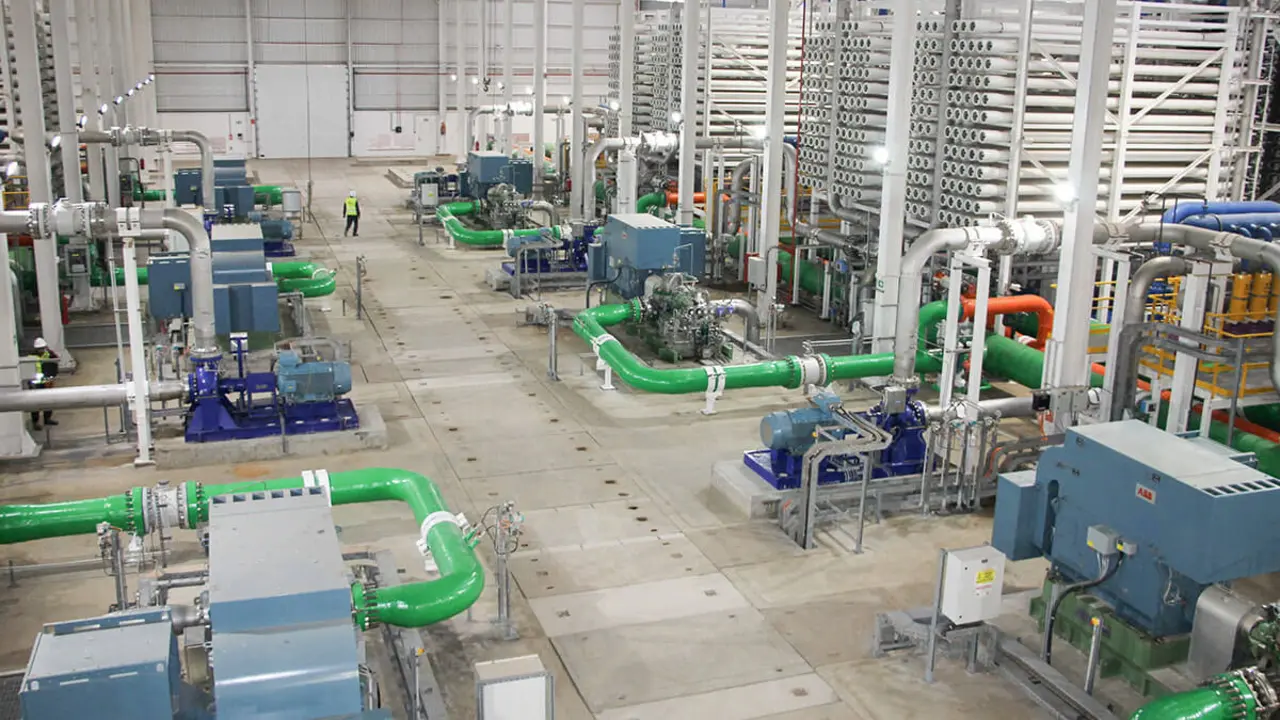Air quality improvements during the first wave of COVID-19 prevented 150 premature deaths in Spanish cities

Air quality temporarily improved during the first wave of COVID-19, largely due to mobility restrictions, but until now it was unknown how this reduction affected the health of the population in Spain. Now, a study carried out by the Barcelona Institute of Global Health (ISGlobal), a centre promoted by the "la Caixa" Foundation, in collaboration with the Barcelona Supercomputing Center - National Supercomputing Centre (BSC-CNS), estimates that this improvement has prevented around 150 premature deaths in the country's provincial capitals.
Several analyses have estimated the reduction in mortality due to improved air quality during periods of confinement in China and Europe, showing a substantial number of premature deaths avoided. The new study, published in the journal Environmental Pollution, focuses for the first time on Spain and, more specifically, on 47 provincial capitals. First, changes in air pollution levels - nitrogen dioxide (NO2) and ozone (O3) - were assessed during the containment (57 days) and decontainment (42 days) periods of the first COVID-19 epidemic wave, between March and June 2020. The team then estimated the impact of these air quality changes on population mortality.

Hicham Achebak, first author of the study and researcher at ISGlobal and the Centre for Demographic Studies (CED), highlights the methodology used in the study: "We have taken into account the influence of meteorological factors when quantifying the effect of confinement on air quality levels, through machine learning techniques". In addition, the researcher adds that "to estimate changes in mortality, the study is based on an epidemiological model that has been adjusted specifically in each of the provincial capitals with historical health and air pollution data".
The results of the study show that NO2 levels were reduced by 51% and 36% during the confinement and deconfinement of the first wave of COVID-19, respectively. In addition, on average, ozone was reduced much less, by 1.1% and 0.6%, respectively, although it increased in some of the most populated cities.
Regarding the impact of NO2 abatement on premature mortality, the study estimated that about 120 deaths were avoided during confinement and about 50 deaths during deconfinement, i.e. a total of about 170 premature deaths. The COVID-19 confinements have led to "unprecedented reductions in NO2 concentrations, especially when the most stringent measures to reduce virus transmission were applied, reaching up to 65% in some of the cities studied," explains Hervé Petetin, researcher at BSC-CNS and responsible for the application of machine learning techniques. Most NO2 emissions in cities come from vehicles, especially diesel.
In the case of ozone, the reduction was so minimal that it failed to prevent premature mortality. In fact, it is estimated that premature mortality increased by approximately 20 deaths in relation to this pollutant over the whole period studied. Carlos Pérez García-Pando, ICREA and AXA professor and head of the BSC-CNS atmospheric composition group involved in the study, explains that this is because, "despite small average reductions during the period analysed, there was an increase in ozone levels in the most populated cities, especially Barcelona and Madrid". "Ozone is a secondary pollutant that can increase when nitrogen oxides are reduced in environments saturated with this pollutant, such as in large urban areas," Pérez García-Pando points out. The study shows that, "when assessing the health impacts of environmental exposures, potential trade-offs between multiple pollutants should be taken into account," he says.

Joan Ballester, the ISGlobal researcher who coordinated the study, stresses that "the number of deaths that could be avoided by improving air quality in Spain could be higher". The researcher explains that there are two main reasons: "On the one hand, the study focuses on provincial capitals, but there are other cities with high levels of air pollution, and, on the other, it has not taken into account reductions in fine particulate matter that were relatively modest compared to reductions in NO2, but which most likely contributed to an additional reduction in premature mortality".
"These findings show the large health benefits of reducing air pollution in the short term and, with permanent emission reductions, the positive effects could be much larger," he adds. In addition to reducing premature mortality, the researcher notes that improved air quality "could reduce the disease burden of epidemics that cause respiratory infections such as COVID-19, as illnesses caused by prolonged exposure to air pollution are themselves risk factors for severity and mortality from coronavirus".
Hicham Achebak, Hervé Petetin, Marcos Quijal-Zamorano, Dene Bowdalo, Carlos Pérez García-Pando, Joan Ballester. Trade-offs between short-term mortality attributable to NO2 and O3 changes during the COVID-19 lockdown across major Spanish cities.
Environmental Pollution. April 2021. https://doi.org/10.1016/j.envpol.2021.117220
About ISGlobal
The Barcelona Institute for Global Health (ISGlobal) is the result of an innovative alliance between the "la Caixa" Foundation and academic and governmental institutions to contribute to the efforts of the international community to address health challenges in a globalised world. ISGlobal consolidates a node of excellence based on research and medical care that originates in hospitals (Hospital Clínic and Parc de Salut MAR) and academia (University of Barcelona and Pompeu Fabra University). Its working model is committed to the transfer of knowledge generated by science through the areas of Training and Analysis and Global Development. ISGlobal is accredited as a "Severo Ochoa Centre of Excellence" and is a member of the CERCA system of the Generalitat de Catalunya.








